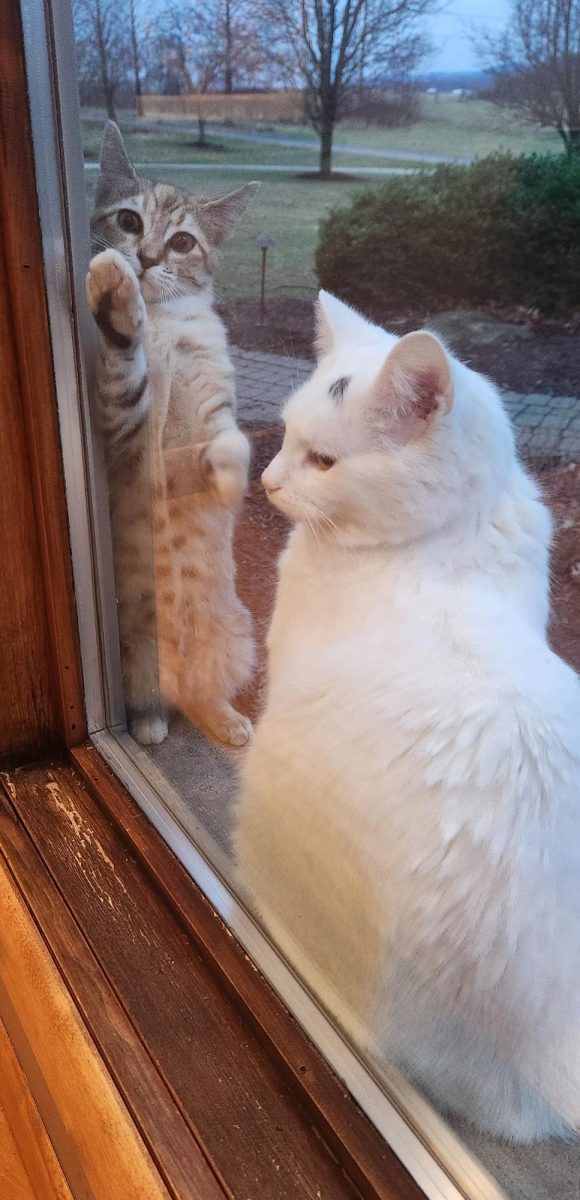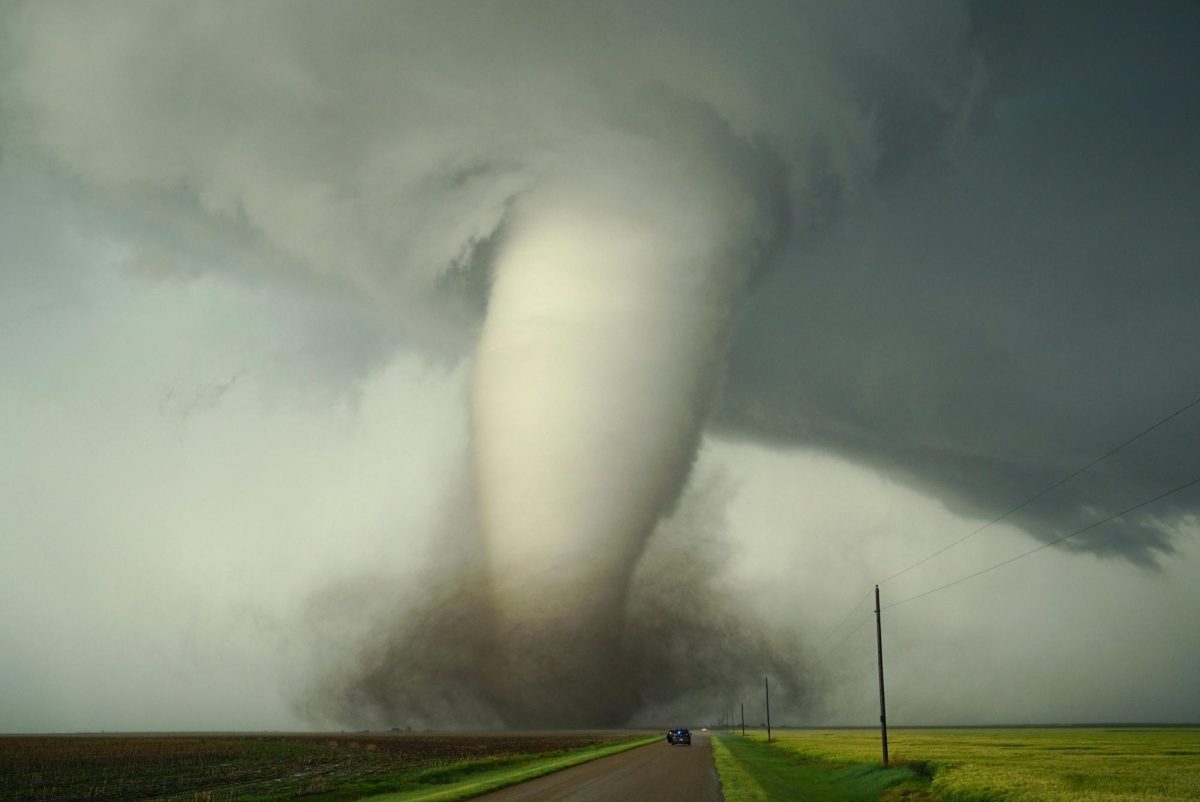Ohio weather is notorious for being harsh and tumultuous. One day, it can be sub-zero at night and the next it could be 50 degrees. Yet, many stray cats are unprotected throughout the rough winters in our midwestern society. Namely, feral cats are often most vulnerable in the winter as they have learned long ago that they cannot trust humans. Due to this notion, kittens usually suffer in the winter. In order to help combat this issue, here are some tips and tricks if you, an avid animal lover or natural caregiver, want to learn how best to take care of outdoor cats if you cannot take them in.
To begin, many animals, as well as people, cherish food. As humans, we have our favorite meals that comfort us in the winter when the weather is blistering and our moods are low. For example, I have three cats and they adore their little catnip treats and aluminum tins of wet food. Those delectable little bites of food are their favorite kinds of food in both the morning and night. However, outdoor cats that cannot be housed indoors are more prone to exhaustion due to the cold weather that overworks their body. This is why buying little cans of wet food would be one way to help the outdoor cats. According to Alley Cat Allies, the world’s leading cat advocacy organization, “wet food in insulated containers is ideal for cold-weather feeding because it takes less energy to digest, that’s more energy for keeping warm,” so opting for wet food in the winter is always a good option. We want our furry friends to have the easiest time managing in the winter, and with a nice container of wet food, they will find life much easier.
However, food is not the only thing that sustains our little kitties in the winter. Water is just as crucial as the wet food found at the stores. Cats often become dehydrated in extreme cold. In fact, cats often need an abundance of water every day. If you have enough money, invest in a good heated water bowl and fill it every day. For only 26 dollars, you could save a cat’s life with this economical heated water bowl.
One of the most dangerous things you can do if you are caring for an outdoor cat or have feral cats near your house is put SALT around your home to melt the snow. This task seems menial in theory as people often salt their walkways with little thought, yet this can be one of the most hazardous actions to take AGAINST our furry friends. Cats are known for licking their paws and cleaning their fur to pristine condition each day without fail. If these cats get the most generic brands of salt on their paws and lick the salt, this would cause abrasions on a cat’s paw pads and can be toxic when ingested. In fact, according to Alley Cat Allies, salts can be lethal when ingested, whether off a paw or off melted puddles, when trying to find water.
Ultimately, many cats simply wish to feel warmth no matter how thick their coat is. Due to this, before you drive off in the morning and turn on your car engine, you should always look under your car and give your car hood a few taps to ensure that a cat is not hiding in the engine.
Caring for humans and animals should be second nature, yet many people do not understand the simple things they can do to help our furry friends. I hope this article gave you some simple tips on how to care for the outdoor cats you wish you could snuggle in your room with on a snowy day. I hope to see many outdoor cats loved by all in the community.








